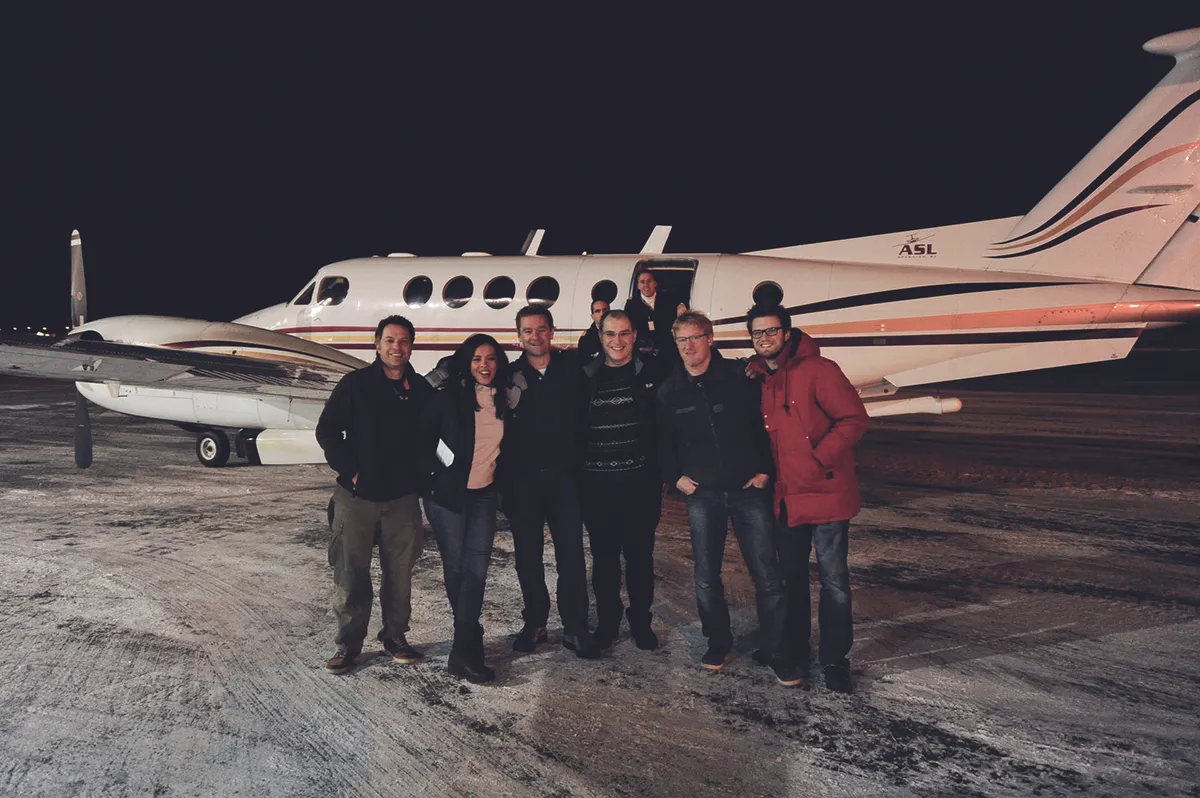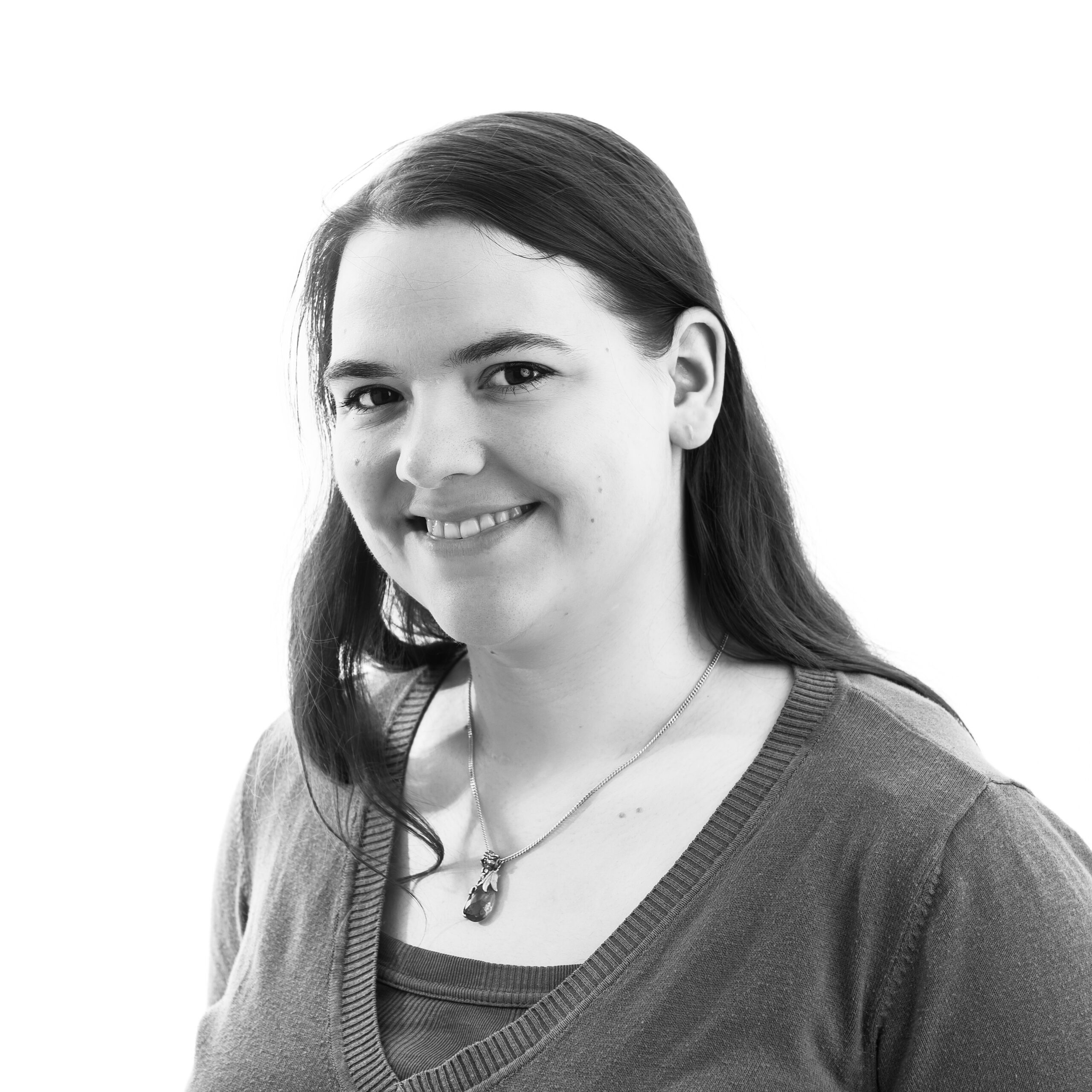How did you first get involved with Stargazing LIVE?
I was filming a programme about space archaeology in Egypt and my agent gave me a call and said there’s this new astronomy show with Brian Cox and Dara Ó Briain, and they’d like you to do the live feeds.
I remember shouting my head off in excitement! I was so delighted but I was also a little bit apprehensive because it’s not really my background – I studied biochemistry and animal biology.
But with Bang Goes the Theory, the science show I’d been doing for several years at that point, I’d covered many different sciences and topics, including a lot of physics.
And I’d always been fascinated by space exploration and astrobiology. So I said “Yes, please let me do it”.
Did doing the show give you a new appreciation of space?
Absolutely. It’s sometimes quite hard to put into words how awe inspiring all of these incredible scientists and all these places are.
For me it was an incredible opportunity. One of the things I love about my job working with BBC Science is that I get to meet scientists in different disciplines who are working at the cutting edge of research.
It’s been a really thrilling experience, but for me with a fairly broad knowledge of astronomy it’s fabulous to just step in and learn what different scientists are doing around the world.
Do you have a favourite moment so far?
We went to NASA’s Jet Propulsion Laboratory one year and talked to lead engineer Adam Steltzner about how they landed the Curiosity rover. He invited us for a drink one evening.
He was there with his colleagues and they were just bantering about one of the new missions – discussing what they needed to do, what they needed to test, did they need a vacuum, how were they going to land.
And for them these were just normal conversations.
They had only just landed the Curiosity rover and they were looking at the next one; they were looking at sampling and returning, sending a man out there.
I was sitting there with my team and we were just pinching ourselves! That was just such a momentous occasion.

In 2014you went aurora hunting in Norway and captured some amazing live views of the Northern Lights. Were you ever worried that you wouldn’t see anything?
It was one of the most ridiculous experiences we’ve ever had.We weren’t convinced that it was going to work.
The night before there weren’t any aurorae, things were going wrong and everyone was quite stressed about it.
On the night we were standing there thinking “It’s okay, it’s our first night, we’ve got another chance tomorrow, so let’s not panic”.
Then literally 20 minutes before we were about to go on air, the clouds cleared and there it was. It was amazing.
It’s a live show, so we’d obviously prepared ourselves for no aurorae on any of the nights, but as luck would have it we had an aurora every single one of them.
Is there anywhere in the world you’d still like to go?
I very cheekily ask every year if we can go to the Atacama Desert in Chile.
I’ve always wanted to go to Chile, to see the work that goes on at the observatories. It would be a dream come true.
What if you could go anywhere out of this world?
The very edge of our ever-expanding Universe – the moment of the Big Bang – to see the instant it all came together and see what theory is actually correct.
That would be quite something. Isn’t that what everyone wants to know? Isn’t that the Holy Grail?
Is it important to you to share space and science with the general public?
That’s why I do what I do. Bang Goes the Theory went into production just as I finished my masters and I just jumped at the chance of being able to share that information with people.
Somewhere along the line education can lose that enthusiasm and that natural curiosity of the world.
If I can help to reignite that curiosity then I’m thrilled to be able to do that.
There is a danger that if we don’t share what we do with the public, or help them to understand the natural world, then we’re doing something wrong.
Stargazing Liveis exactly the perfect vehicle to share the research that we do.
This interview originally appeared in the March 2015 issue of BBC Sky at Night Magazine.
